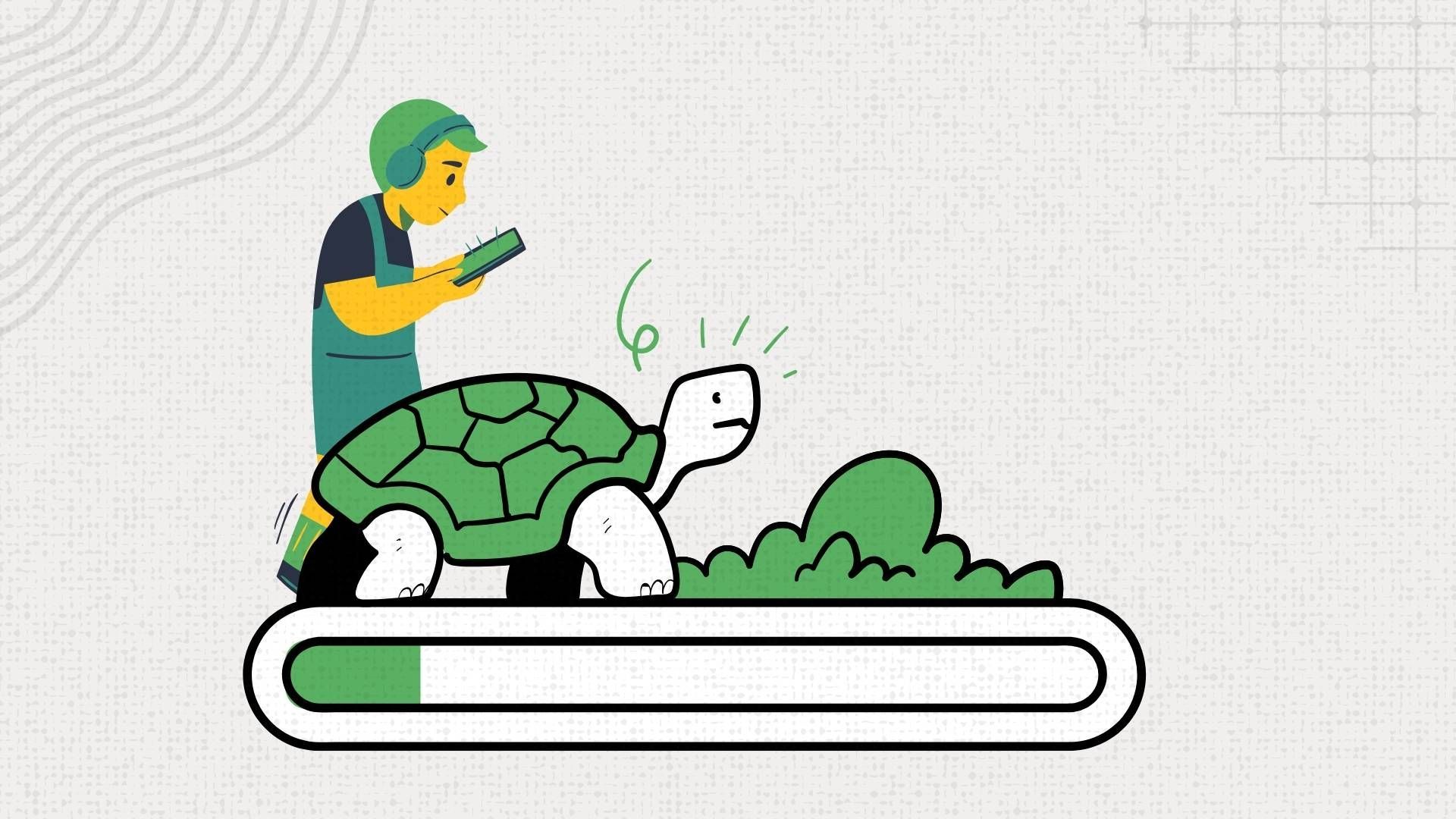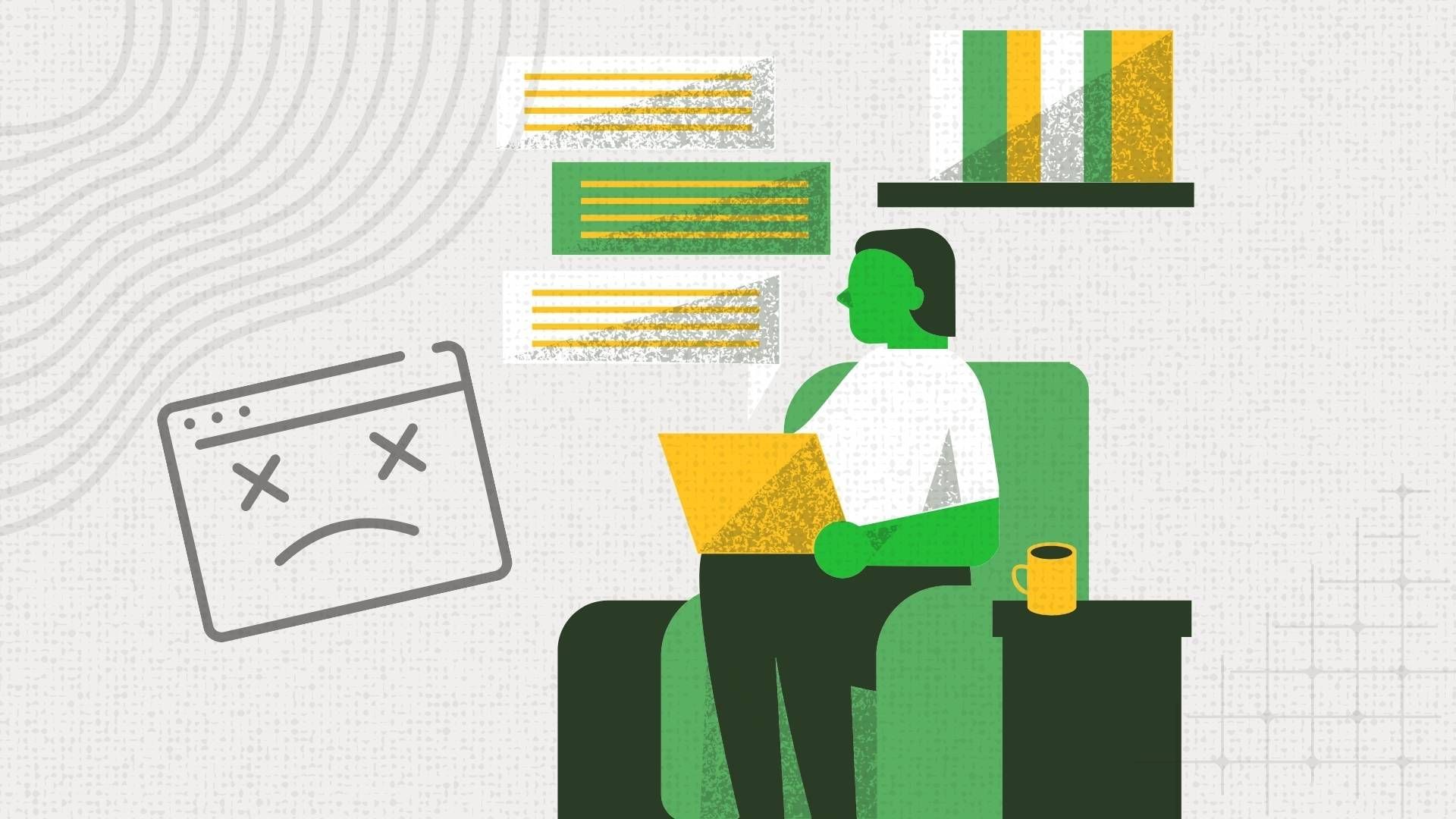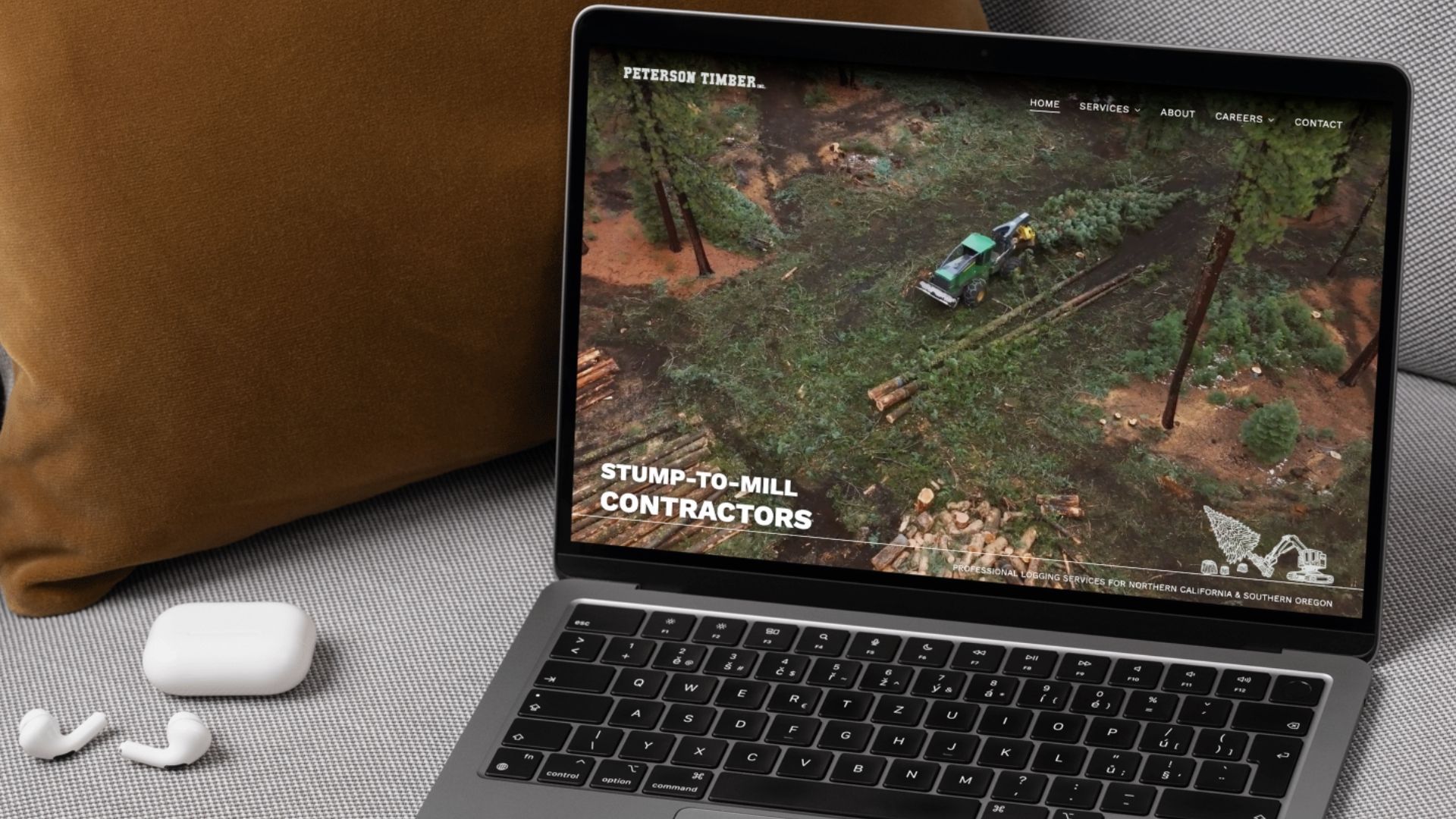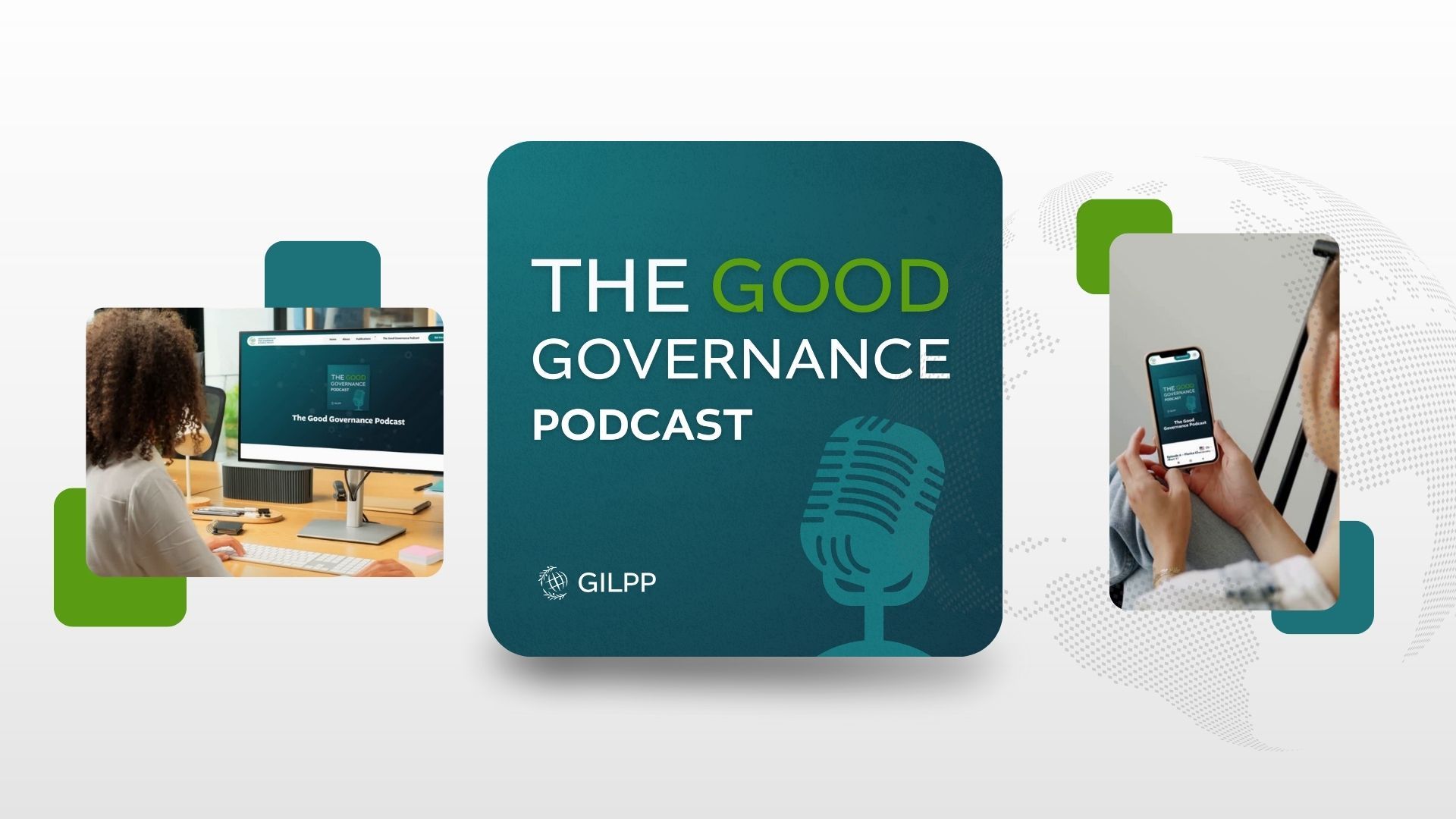
The Problem: Your Website Shouldn’t Be This Hard to Maintain
You built a website to help your business—so why does it feel like a constant headache?
Maybe it loads slowly. Maybe a recent update broke something. Or maybe the person who originally built it is no longer available, and now you’re stuck trying to figure out how to fix it.
Sound familiar? I hear this all the time:
- “Our website is broken, and the person who managed it isn’t here anymore.”
- “We just need a small change, but it’s a nightmare to update.”
- “The last person who worked on it disappeared, and now we don’t know what to do.”
If your website is always breaking, you’re probably using a platform that requires too much maintenance. And in most cases, it’s costing you more time and money than it should.
So what’s causing the problem—and how do you fix it? That’s exactly what we break down in this article.
The #1 Reason Your Website Keeps Breaking
WordPress Updates: The Hidden Cost of Flexibility
WordPress is a powerhouse, but here’s what most small business owners don’t realize when they choose it:
- Your site WILL break if you don’t update it.
WordPress regularly releases core updates to fix security vulnerabilities and improve performance. But these updates don’t always play nice with your existing plugins and themes. One update can easily break features or even take your site offline.
- Updating isn’t optional—but it’s risky.
If you’re not updating, your site becomes vulnerable to security threats and plugin conflicts. But updating everything blindly can cause even more issues. This is why businesses end up hiring WordPress maintenance services just to keep their sites running.
- Relying on third-party plugins makes things worse.
Most WordPress sites run on a mix of different plugins, all made by different developers. If one plugin isn’t updated (or is abandoned), it can create security risks or completely stop working.
How We See This Play Out
I’ve lost count of how many businesses have come to Green Light Studio after experiencing a WordPress breakdown. Their websites worked fine for years, but after one unexpected update—or a developer who disappeared—they suddenly had a website they couldn’t use.
If this sounds like you, there are better, lower-maintenance options.
What About Wix and Squarespace? (Are They Any Better?)
Some businesses try to avoid WordPress headaches by using Wix or Squarespace instead. But while these platforms remove the maintenance problem, they create different issues.
- Wix makes you dependent on their ecosystem.
Wix websites are easy to build, but once you commit, you’re locked into their pricing structure. Want more features? Be prepared to pay more—quickly.
- Squarespace is sleek but not flexible.
Squarespace is great for portfolios, but if your business grows beyond a basic website, you’ll likely outgrow Squarespace and have to start over elsewhere.

The Solution: A Website That Won’t Break
If you’re tired of the constant maintenance, updates, and unexpected costs, there’s a better way:
- Use a platform that doesn’t require constant updates.
Instead of WordPress—where you need to manage your own security, hosting, and plugins—use a platform where everything is built-in and automatically updated.
- Choose a website builder designed for small businesses.
Your website should be easy to update, secure by default, and able to grow with your business.
The Best Website Platform for Small Businesses: Duda
At Green Light Studio, we’ve built websites on just about every platform out there. And for most small and medium-sized businesses, Duda is the best option.
Why Duda?
- No maintenance required – Duda automatically updates itself, so you never have to worry about security patches, plugin conflicts, or broken features.
- Built-in hosting and speed optimization – Your site runs on secure, high-performance servers with built-in security features. No need to manage hosting separately.
- Drag-and-drop simplicity with real business functionality – Duda is as easy to use as Wix and Squarespace but has more flexibility for business needs.
- SEO-friendly out of the box – No need for third-party SEO plugins—Duda has built-in SEO tools to help your site rank.
- More affordable in the long run – Instead of piecing together different services, Duda includes hosting, security, and core features in one price.
- For businesses that just need a reliable website without ongoing maintenance headaches, Duda is a game-changer.

How to Know If You Need to Switch Platforms
If any of these apply to your business, it’s worth considering a lower-maintenance alternative:
- You’re tired of dealing with website updates and plugin conflicts.
- Your current website is slow, broken, or outdated.
- You just need a simple business website—without the stress.
- You want the ability to make small updates without hiring a developer.
If that’s you, switching to a more stable platform could save you hours of frustration and thousands of dollars in maintenance costs.
Before You Rebuild Your Website, Do This First
Before you even think about switching platforms or redesigning your website, make sure you have a clear marketing strategy.
At Green Light Studio, we see it all the time: businesses jump into website redesigns without thinking about the real goals behind their website.
- Need help making sure your website supports your business goals? Get a free website strategy audit here:https://greenlightstudio.co/#audit
- Want to see more website breakdowns and marketing tips? Subscribe to our YouTube channel: https://www.youtube.com/@greenlightyourmarketing
- Connect with me on LinkedIn for more insights:
https://www.linkedin.com/in/jacob-threlkeld-mooney/
Unimpressed with your marketing?
Get support and direction with these resources:
- Free Marketing Audit Workbook - Download Now
- Subscribe to Our YouTube Channel for practical marketing tips and strategies. Subscribe
- Contact Us - Let’s create a custom strategy for your business. Get In Touch
- Connect with Jake Mooney on LinkedIn - Connect
Why Your Business Website Keeps Breaking (And How to Fix It for Good)




